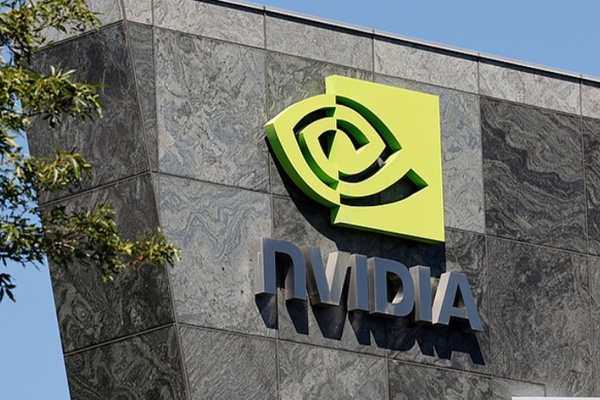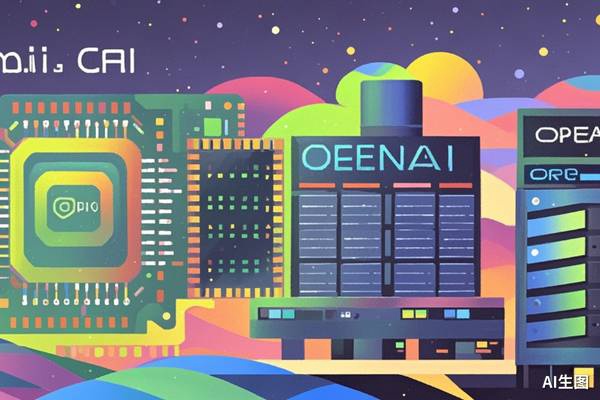Overview
- Alibaba open-sourced Qwen3-Omni, a native end‑to‑end multimodal model with real‑time text and natural‑speech output across text, image, audio and video, alongside a low‑latency Qwen3‑TTS and the Qwen‑Image‑Edit‑2509 upgrade.
- At the Yunqi Conference, Alibaba announced a Physical AI collaboration with Nvidia, integrating Nvidia’s software stack into Alibaba Cloud PAI to support data synthesis, simulation‑based reinforcement learning, training, and validation for embodied and assisted‑driving applications.
- Media reports describe a tightening Nvidia‑OpenAI‑Oracle loop, with Nvidia planning up to $100 billion invested in OpenAI and a joint build of at least 10 GW AI data centers, alongside OpenAI’s reported multiyear Oracle cloud deal and questions over OpenAI losses and Oracle leverage.
- China’s AI industry surpassed 900 billion yuan in 2024, up 24% year on year, with more than 5,300 AI companies by September 2025, according to the China Academy of Information and Communications Technology.
- Commercial rollouts are quickening as AITO’s new M7 logged over 40,000 orders in 24 hours and began ADS 4 OTA pushes, Li Auto pledged no usage fees for its AD Max on the upcoming i6, and Qualcomm launched an AI Acceleration Initiative with China’s carriers and major handset makers.



